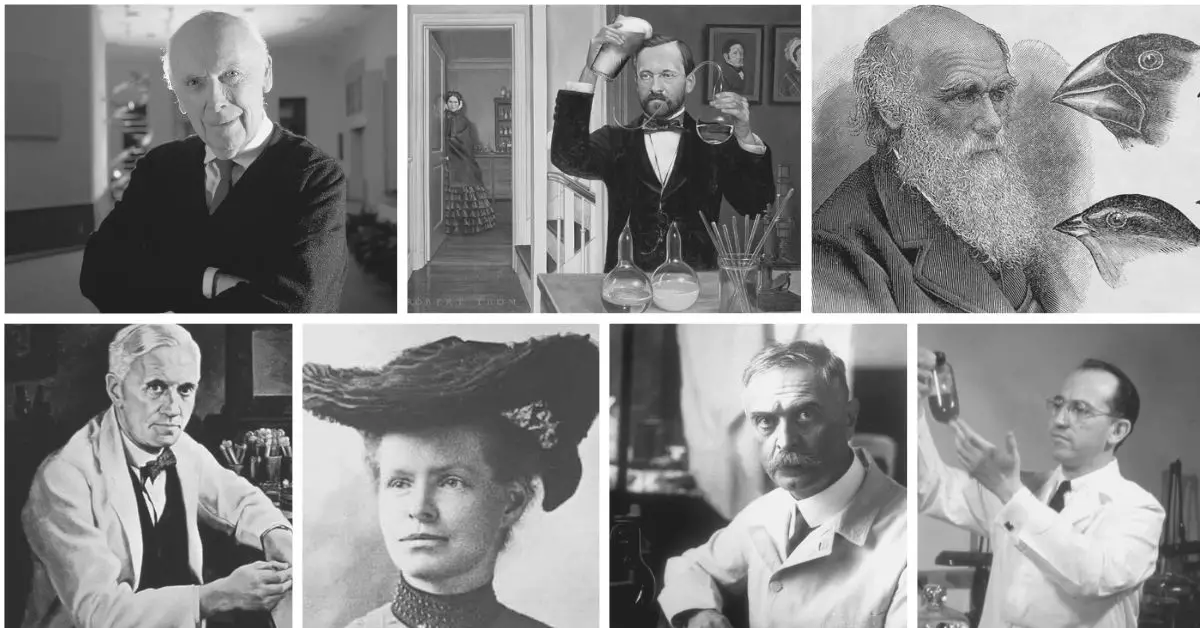To celebrate scientists and scientific advancements, we have collected a list of the most famous life scientists that will inspire us for the greater good.
Life scientists are people who dedicate their lives to bettering humanity by making discoveries in the fields of biology and medicine. They are some of the most important people in the world, and we should all be grateful for what they’ve done.
To celebrate them, we’ve put together a list of the most famous life scientists and their accomplishments. These people are some of the best in their field, and they’ve made discoveries that have changed our lives forever.
For credibility, we’ve compiled this list by looking at each person’s achievements and comparing them to their peers. So without further ado, here’s our list of some of the most famous life scientists in history.
Table of Contents
Famous Life Scientists
#31. Alfred Sturtevant (1891-1970): The Scientist Who Developed The First Genetic Map
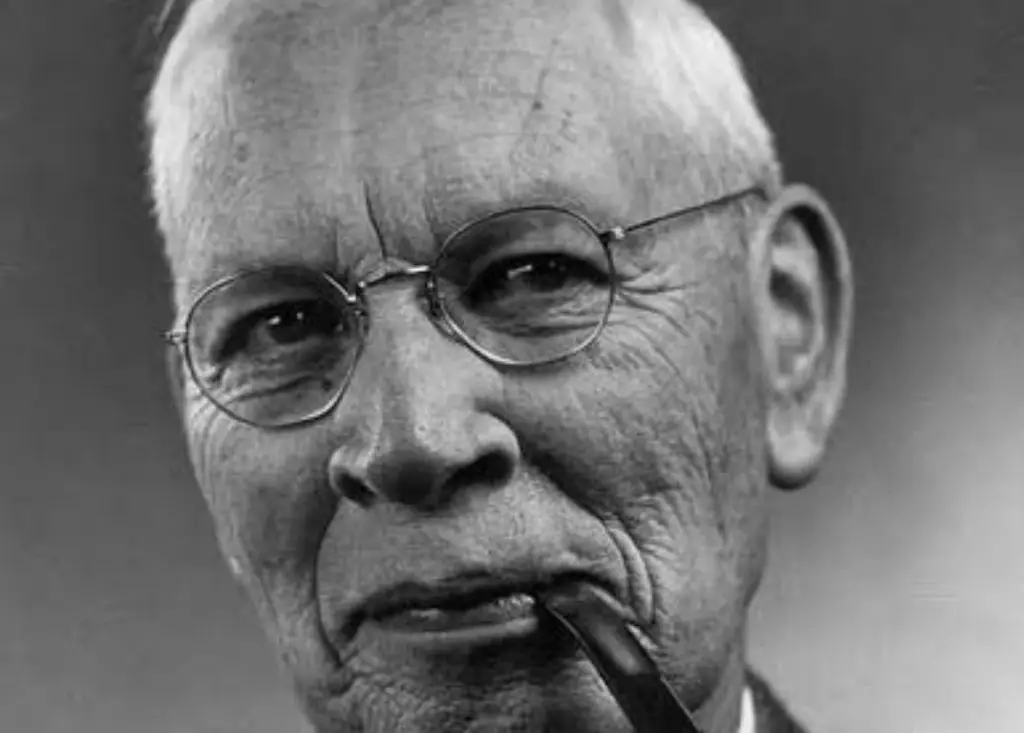
What makes Alfred Sturtevant famous?
Alfred Sturtevant, born on November 21, 1891, in Illinois, US, was an American geneticist. He was the recipient of the National Medal of Science in 1967.
Sturtevant studied at Columbia University. He worked under Thomas Hunt Morgan. During this time, he developed his interest in genetics and began working with Drosophila melanogaster (a type of fruit fly).
Sturtevant later published his research on the first genetic map. His discoveries were groundbreaking. They showed that genes are on chromosomes instead of being spread out in the nucleus of a cell, as was thought before.
[Source: Encyclopedia Britannica]
#30. Jane Goodall (1934-Present): The Scientist Who Protected Wild Chimpanzees In Africa
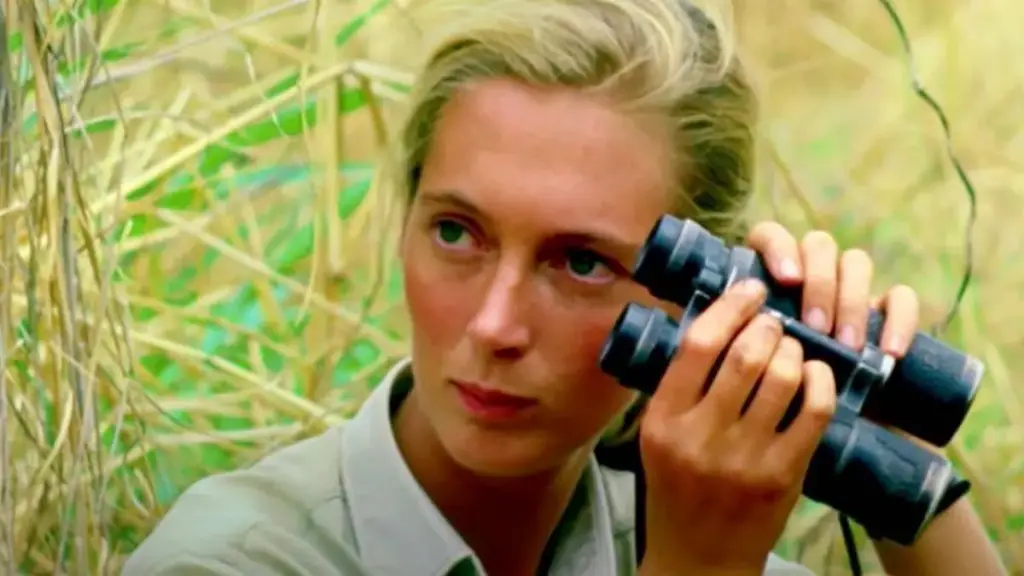
What makes Jane Goodall famous?
Jane Goodall is a rockstar in the world of animal science. She’s been studying chimpanzees’ social and family interactions for about 60 years. Her research has already impacted our understanding of animal behavior.
Goodall was born in 1934 in London and became one of the world’s most renowned animal conservationists.
Her work at Gombe Stream National Park initially focused on how chimps act as social beings and how they use tools. However, she quickly became fascinated by their behavior within their natural environment.
And it turns out that Jane’s focus on the smaller details of chimpanzee life has helped us understand how humans evolved into what we are today—and how much more there is to learn about our closest relatives.
The Jane Goodall Institute (which she founded) is one of the organizations that protect endangered species of chimpanzees.
What’s the best Jane Goodall quote?
“What you do makes a difference, and you have to decide what kind of difference you want to make.”
[Source: National Geographic]
#29. Janet Rowley (1925-2013): The Lady Who Discovered The Cause of Cancer
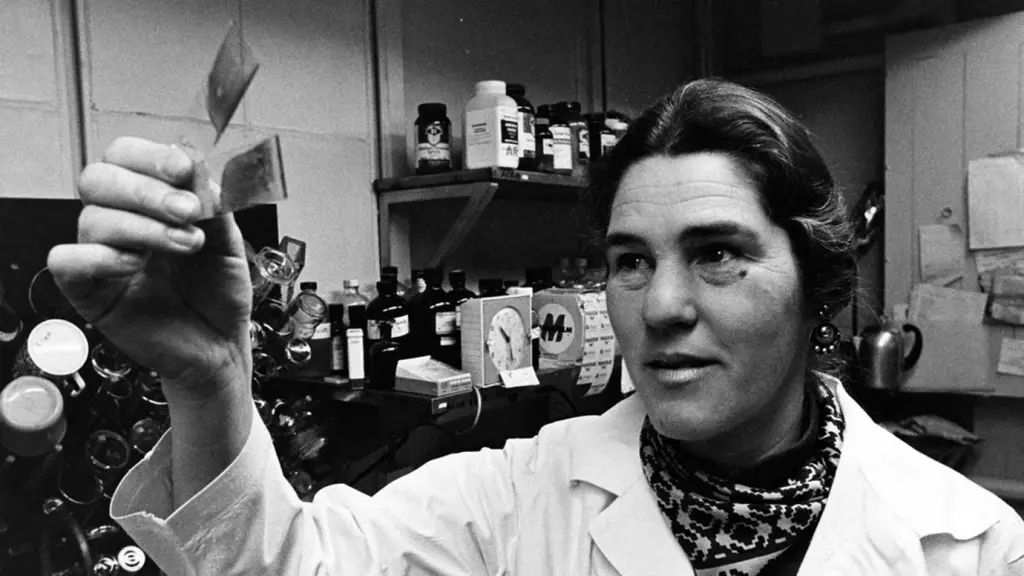
What makes Janet Rowley famous?
Janet Rowley was a human geneticist born in New York City on April 5, 1925. She received her bachelor’s and master’s degrees from the University of Chicago.
Rowley is known for her work on leukemia. She discovered that leukemia is actually caused by chromosomal translocation. This happens when chromosomes break apart and come back together in a different order than they were meant to.
For her work in genetics research, Rowley was given the National Medal of Science in 1998 and the Presidential Medal of Freedom by President Barack Obama in 2009.
Her research was so important that it helped create the field of molecular genetics.
[Source: Changing the face of Medicine]
Similar Articles:
- 14 Famous Vietnamese Scientists That You Should Know
- 15 Famous Filipino Scientists That You Should Know
- 15 Famous Sleep Scientists That You Should Know
#28. Ernest Haeckel (1834-1919): One of The Fathers of Zoology
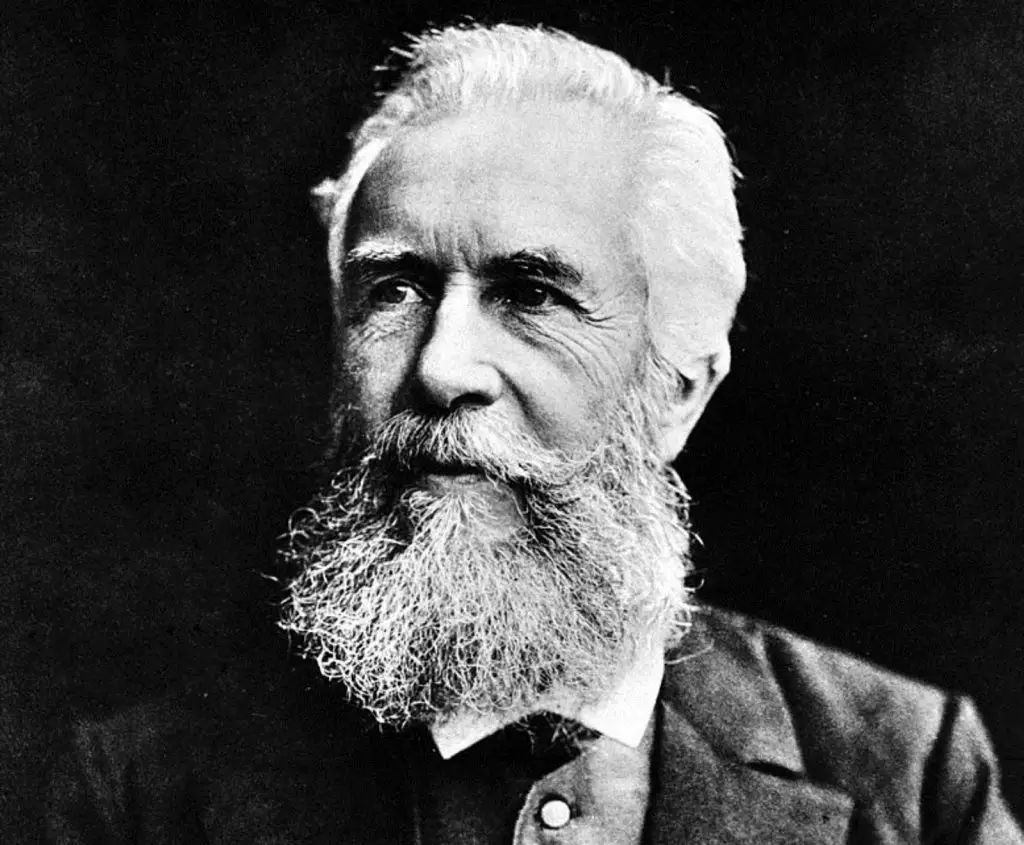
What makes Ernest Haeckel famous?
In the late 1800s, German zoologist and physician Ernest Haeckel wasn’t just a man of science but had truly mastered it.
Haeckel was the first to coin the term “ecology.” But he is best known for creating one of the most well-known genealogical trees for humans.
As a proponent of Charles Darwin’s theories, Haeckel popularized Darwinism in his country. His least popular work involved recapitulation theory. This is the idea that an organism’s embryological development parallels its evolutionary history.
He was also known as one of the fathers of eugenics. This movement tried to improve human genetics by encouraging people with good traits to have children together. But even with this legacy, many people think Haeckel was one of the most important biologists ever.
[Source: Encyclopedia Britannica]
#27. Walter Reed (1851-1902): The American Scientist Who Confirmed That Some Mosquito Species Transmit Yellow Fever
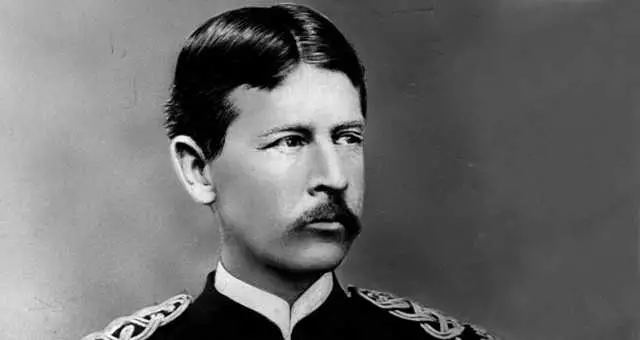
What makes Walter Reed famous?
In addition to being an American scientist who served in the US Army as a physician, he once found himself in charge of a massive experiment on yellow fever. This experiment would confirm Carlos Finlay’s findings on the transmission of this deadly disease.
Reed was born in Virginia on September 13, 1851. He attended medical school at New York University, graduating with his medical degree in 1870.
In time, Reed became interested in tropical medicine and ways to prevent diseases like yellow fever from spreading through populations.
His team did a number of tests over a period of months, which led him to think that mosquitoes were the ones who spread yellow fever from person to person.
[Source: Encyclopedia Britannica]
#26. Andrew Z. Fire (1959-Present): The Scientist Who Contributed To The Discovery of RNA Interference
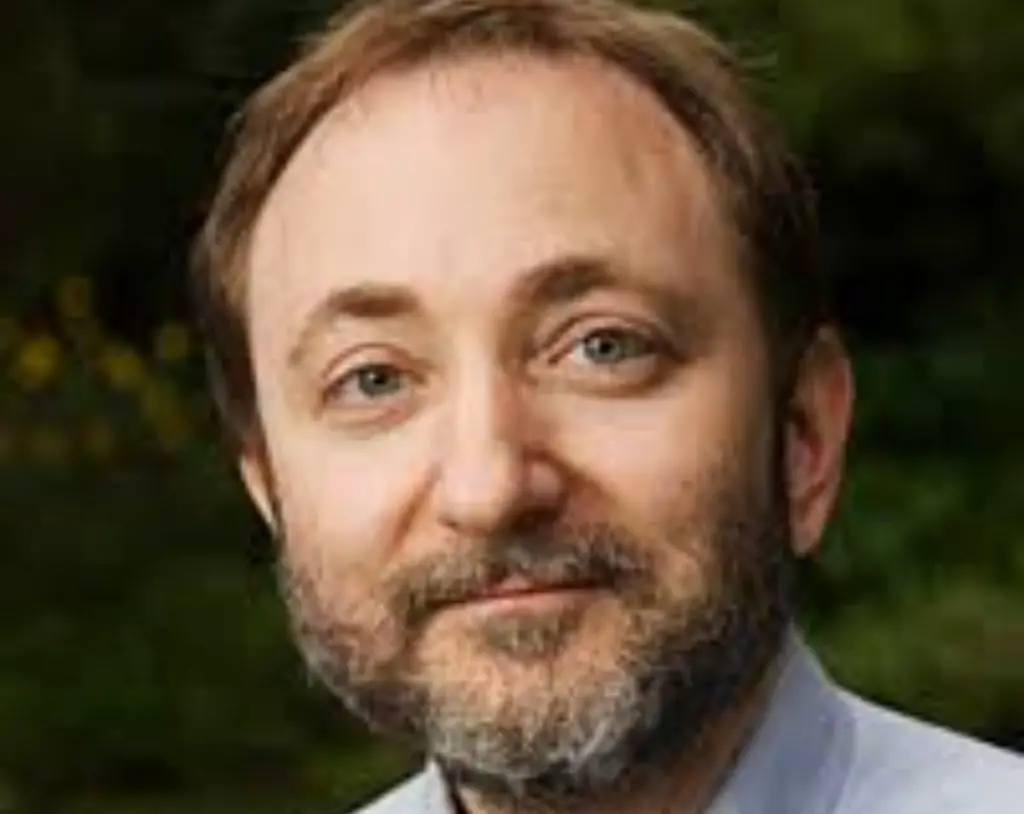
What makes Andrew Z. Fire famous?
Andrew Z. Fire is an American biologist and former student of Philip Sharp, who won the Nobel Prize in 2006 for his work on RNA interference.
He co-discovered RNA interference (RNAi), which works by silencing genes that are not being expressed properly. Fire shared half of his Nobel Prize with Craig C. Mello.
Andrew Z. Fire is also known for his role in developing methods that allow scientists to manipulate genes by using RNA as a molecular tool rather than DNA.
His research has helped unravel many mysteries about how cells regulate their activities. This includes how they respond to infection or control development throughout life stages.
[Source: The Nobel Prize]
Similar Articles:
- 16 Famous Muslim Scientists That You Should Know
- 20+ Famous Buddhist Scientists That You Should Know
#25. Thomas Hunt Morgan (1866-1945): The Nobel Laureate & An Expert in Heredity
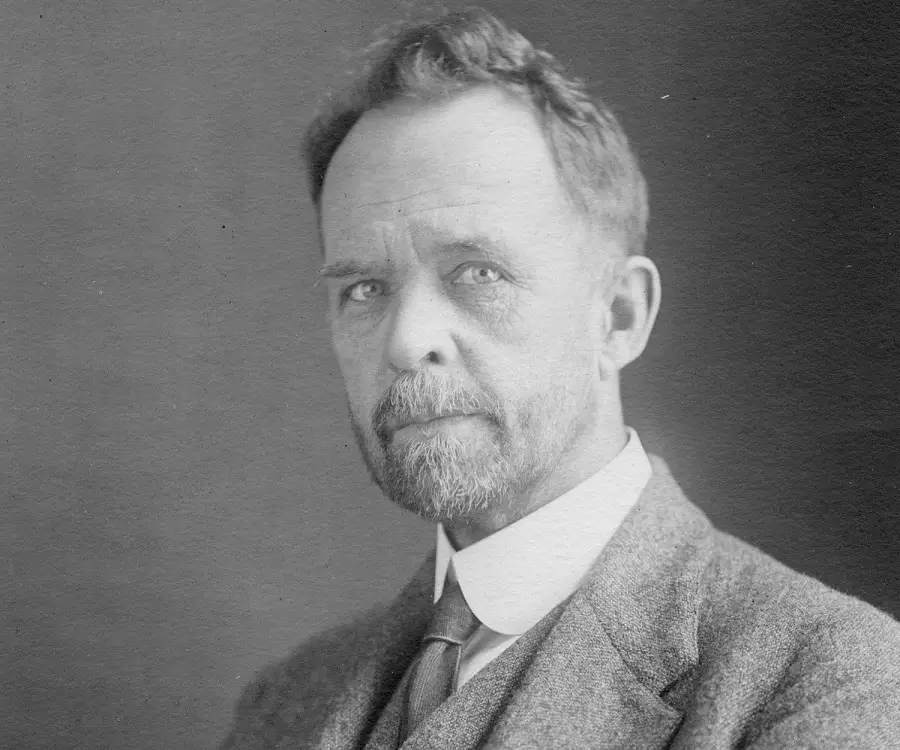
What makes Thomas Hunt Morgan famous?
Thomas Hunt Morgan was an American geneticist and evolutionary biologist best known for his work on the fruit fly. He laid the foundation of modern genetics.
Morgan was born in Kentucky, USA, on September 25, 1866, and studied at Johns Hopkins University, earning his P.h.D. His research focused on understanding the mechanisms of heredity as well as how genes are passed from one generation to another.
This finding led him to discover that chromosomes contain genes and that each chromosome carries only one kind of gene pair (a dominant and recessive gene).
Morgan also found that genes are lined up in a straight line on chromosomes and can be passed down together or on their own. Morgan won the Nobel Prize in Physiology or Medicine in 1933 for his research on chromosomes and their role in inheritance.
[Source: Encyclopedia Britannica]
#24. Paul Ehrlich (1854-1915): The Discoverer of Syphilis Treatment
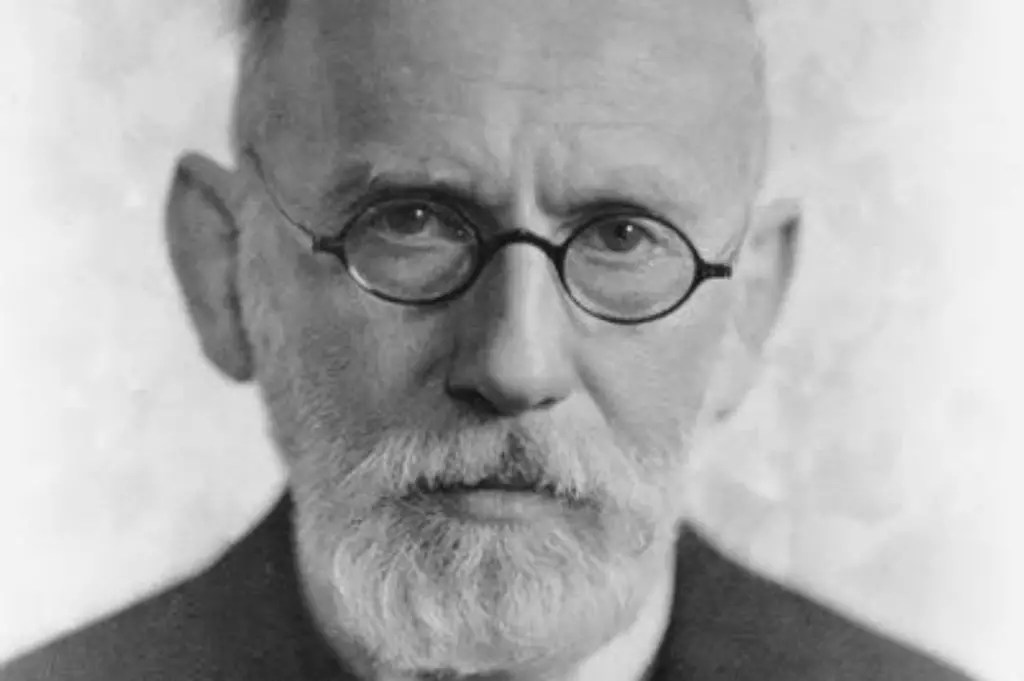
What makes Paul Ehrlich famous?
Paul Ehrlich was a German physician. He is notable for his research on antimicrobial chemotherapy, immunology, and hematology.
In 1909, Ehrlich discovered that treating syphilis with arsphenamine could cure it. This treatment was so effective that even when patients went untreated for years, they would still be cured if they received treatment after being treated for syphilis.
He also made significant contributions to staining techniques, making it possible for medical scientists to diagnose diseases like cancer and leukemia more accurately than ever before.
As part of his work, Ehrlich formed and popularized his concept of a magic bullet. He believed medical doctors could kill the disease-causing microbes without harming the patient’s body.
Paul Ehrlich received the Nobel Prize in Physiology or Medicine in 1908 for his research, which has taken medicine to the next level in treating and diagnosing diseases.
[Source: The Nobel Prize ]
#23. Anne McLaren (1927-2007): The Lady Who Pioneered In Vitro Fertilization
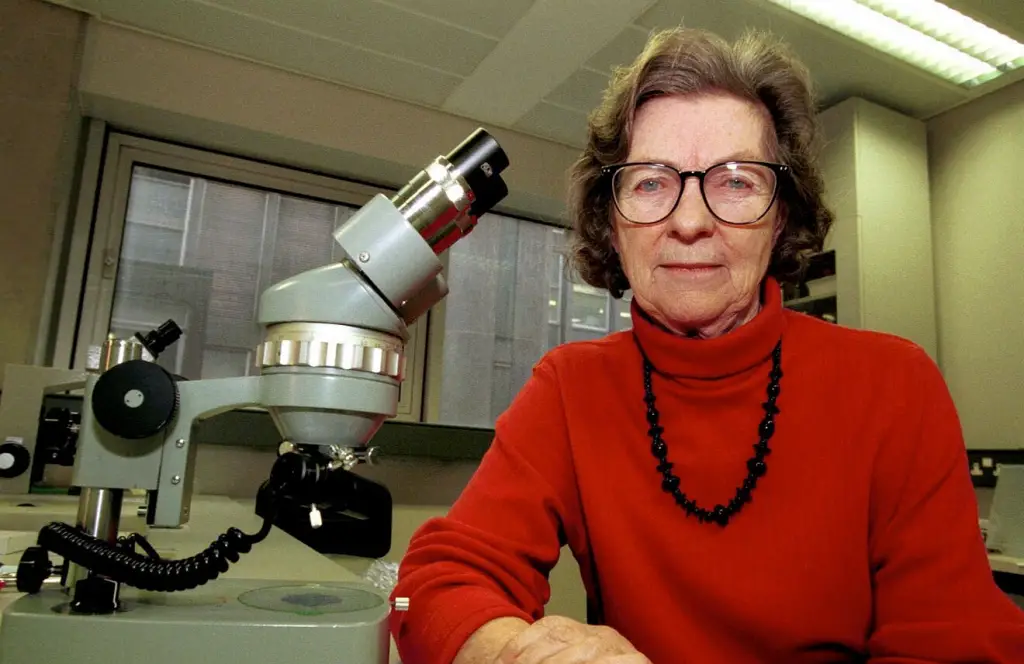
What makes Anne McLaren famous?
Anne McLaren was a British geneticist born in England on April 26, 1927. She studied at Oxford University.
McLaren is best known for her groundbreaking research in developmental biology. The most important thing she did for science was to figure out how DNA affects how embryonic cells change and grow. This work gave rise to in vitro fertilization (IVF), which has successfully helped people to have children.
For her work in science, McLaren received the Royal Prize and became a fellow of the Royal Society.
[Source: Encyclopedia Britannica]
Similar Articles:
- 20+ Famous Hispanic Scientists That You Should Know
- 20+ Famous Black Scientists That You Should Know
- 20+ Famous Female Scientists That You Should Know
#22. Ulf von Euler (1905-1983): The Man Who Contributed to Our Understanding of Neurotransmitters
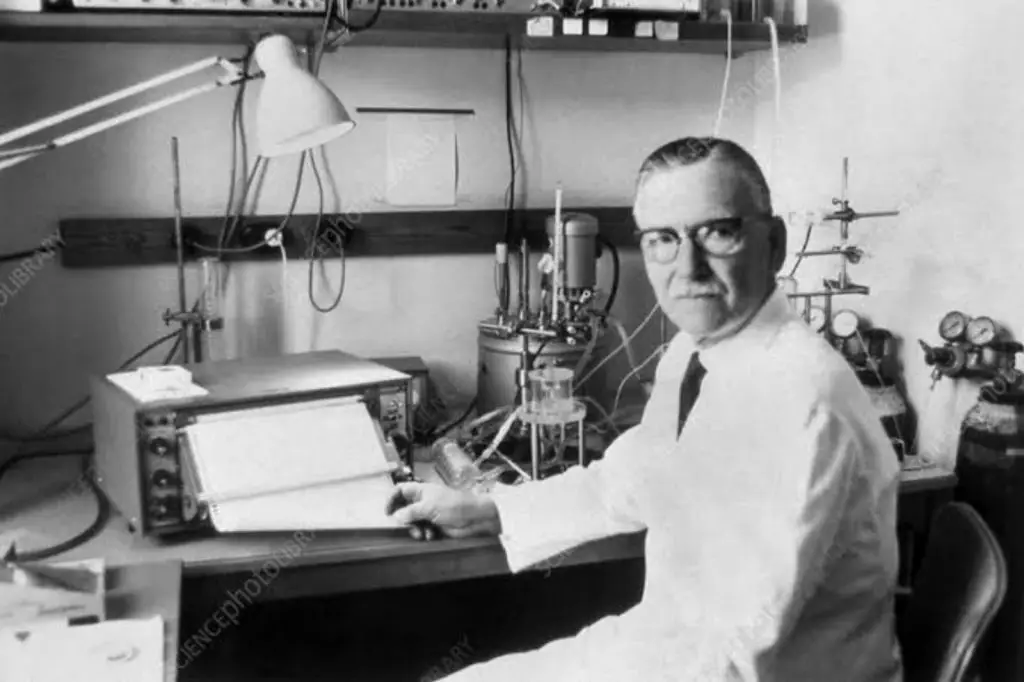
What makes Ulf von Euler famous?
Ulf von Euler was an incredible medical scientist who dedicated his life to helping others. Born in 1905 in Stockholm, Sweden, he went to school at the Karolinska Institute before deciding to become a researcher.
Von Euler’s studies earned him international recognition and fame. He focused primarily on neurotransmitters—the chemicals that transmit signals between neurons (nerve cells).
Ulf von Euler’s work in neuroscience earned him the 1970 Nobel Prize in Physiology or Medicine.
[Source: The Nobel Prize]
#21. Frederick Banting (1891-1941): The Co-Discoverer of Insulin
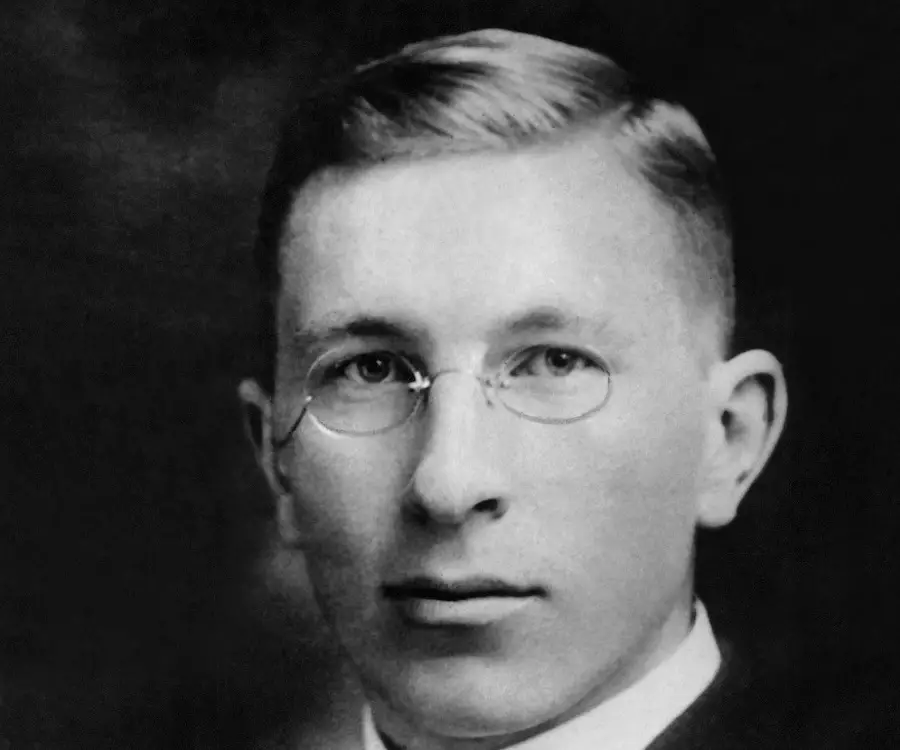
What makes Frederick Banting famous?
Most people know Frederick Banting for his work on finding insulin and its benefits, which won him the Nobel Prize in 1923. He was only 32 years old at the time, making him the youngest person to be awarded the Nobel Prize in this category.
Banting’s research had been inspired by several scientific papers that he read. He realized that the world needed insulin to save lives. And this is what his research focused on.
Banting was born on November 14, 1891, in Ontario, Canada. He attended the University of Toronto, where he graduated with a medical degree.
[Source: The Nobel Prize ]
#20. J.B.S. Haldane (1892-1964): One of the Fathers of Medical Genetics
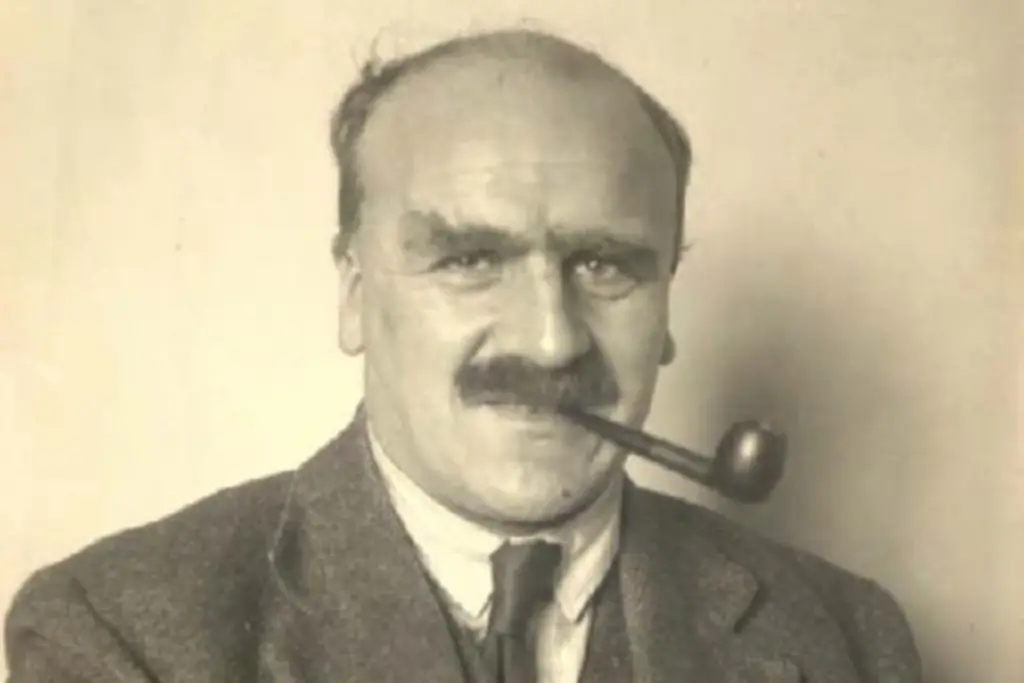
What makes J.B.S. Haldane famous?
John Burdon Sanderson Haldane was born in Oxford, England, on November 5, 1892, to a Scottish father and mother.
He began his career in Britain before moving to India to work for the government. Haldane is known for making gene maps for hemophilia and color blindness.
In addition to being a leader in in vitro fertilization, he was also one of the first people to suggest that sickle cell disease might help protect against malaria in some way.
Haldane also described gene linkage in mammals. This is the idea that certain traits are inherited together because they have been passed down by genes that are located close together on chromosomes.
Haldane’s revolutionary work in genetics led him down a path toward a better understanding of evolution itself. He saw this quest as necessary to understand how humans fit into the world around them.
His research also helped doctors develop new ways to treat diseases like hemophilia and blood cancer that are passed down from parent to child.
What’s the best J.B.S. Haldane quote?
“This is my prediction for the future: whatever hasn’t happened will happen, and no one will be safe from it.”
[Source: Encyclopedia Britannica]
Similar Articles:
- 20+ Famous Computer Scientists That You Should Know
- 19 Famous Christian Scientists That You Should Know
- 17 Famous Scientists With ADHD That You May Not Know
#19. Jacinto Convit Garcia (1913-2014): A Pioneer in Vaccine Development
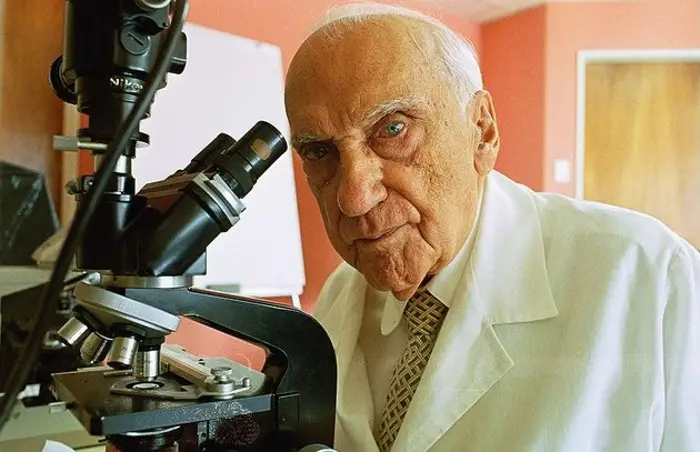
What makes Jacinto Convit famous?
Dr. Jacinto Convit, the Venezuelan physician and researcher, was born in Caracas, Venezuela, in 1913.
His research contributed to the development of several vaccines, including the one for leprosy. His work formed the basis for the development of a leishmaniasis vaccine.
He was one of the key people who founded the National Institute of Biomedicine.
What’s the best Jacinto Convit quote?
“Every time a stone is thrown at us, we must return a rose, because love is the only antidote to hate.”
[Sources: BBC, Jacinto Convict]
#18. Rosalind Franklin (1920-1958): Discovered The Double Helical DNA Structure
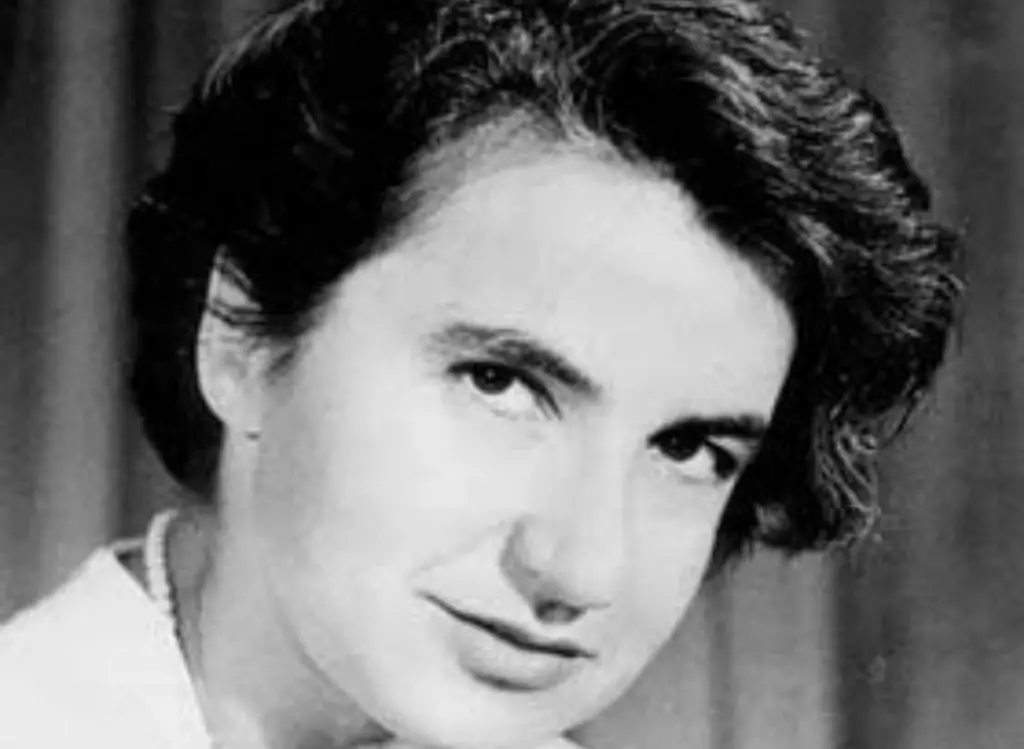
What makes Rosalind Franklin famous?
Rosalind Franklin was an English X-ray crystallographer and chemist best known for her work on the structure of DNA and viruses.
Franklin’s major contribution to medical science came when she used X-rays to create a three-dimensional image of DNA. Using this technique, she discovered that DNA has a helical structure. This breakthrough led directly to James Watson and Francis Crick’s model of DNA.
Franklin died too soon at the age of 37. She had ovarian cancer, which was likely caused by the radiation she was exposed to while doing research.
Rosalind Franklin was not nominated for the Nobel Prize, but her work assisted James Watson, Francis Crick, and Maurice Wilkins in winning the award.
What’s the best Rosalind Franklin quote?
“Science, for me, gives a partial explanation for life. In so far as it goes, it is based on fact, experience and experiment.”
[Sources: Encyclopedia Britannica, Kings Medicine]
#17. Baruj Benacerraf (1920-2011): A Pioneer in Immune System
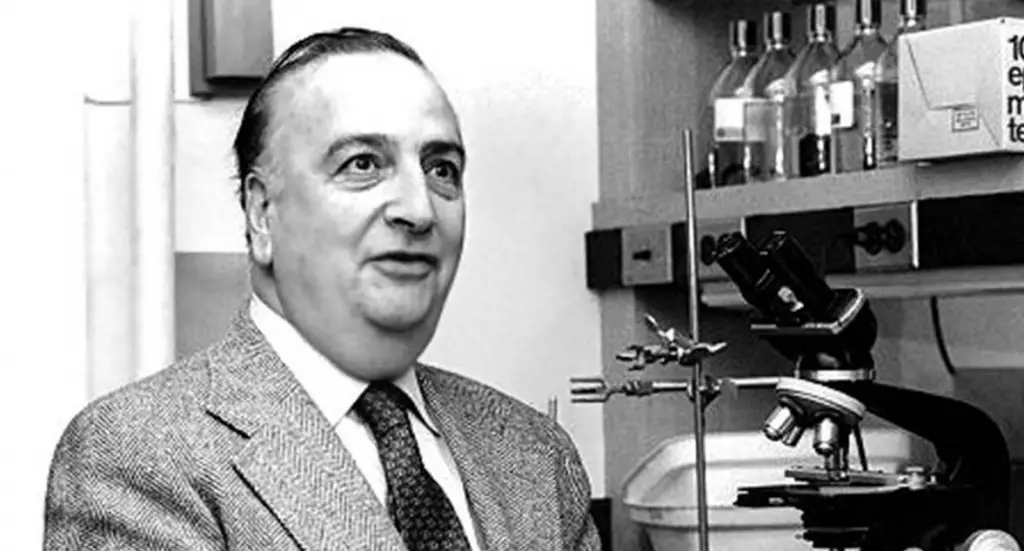
What makes Baruj Benacerraf famous?
Baruj Benacerraf was a Nobel Prize-winning Venezuelan-born American immunologist.
Benacerraf’s research helped scientists understand how antibodies work with other cells within the body’s immune response.
But what made him famous was his work on histocompatibility complexes and their role in transplantation tolerance.
In 1980, he shared the Nobel Prize in Physiology or Medicine with George Davis Snell and Jean Dausset for their work on the immune system.
What’s the best Baruj Benacerraf quote?
“Some of the most significant advances in molecular biology have relied upon the methodology of genetics. The same statement may be made concerning our understanding of immunology phenomena.”
[Sources: Nobel Prize, Encyclopedia Britannica]
#16. Bernardo Alberto Houssay (1887-1971): A Prominent Physiologist Who Contributed to the Study of Hormonal Secretions
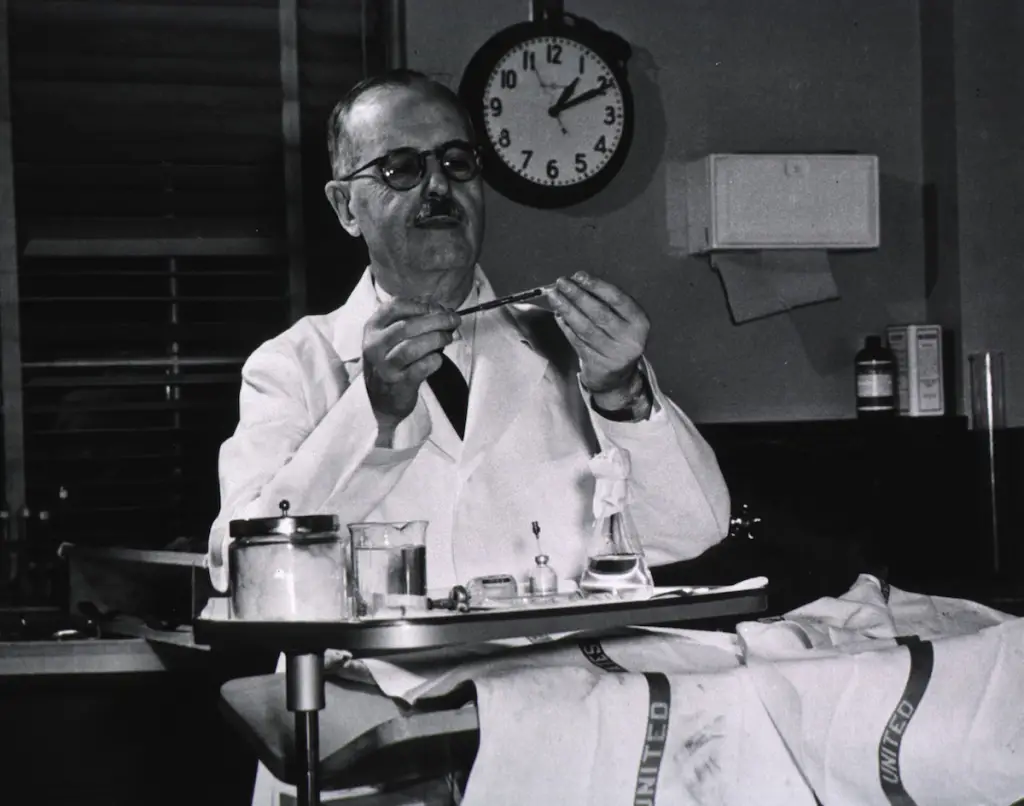
What makes Bernardo Houssay famous?
Bernardo Alberto Houssay, a physiologist, was born in Buenos Aires, Argentina, in 1887.
Houssay’s most notable achievement was his research on the pituitary gland as well as its hormonal secretions.
In addition to his work with the pituitary gland, he researched how pancreatic tissue grows. This helped scientists learn more about diabetes mellitus.
In 1947, he and Carl Cori and Gerty Cori shared the Nobel Prize in Physiology or Medicine for their work on how glucose is used in the body.
What’s the best Bernardo Houssay quote?
“I don’t want statues, awards…streets or institutes when I die.”
[Sources: Encyclopedia Britannica, Famous Scientists]
#15. Jean-Baptiste Lamarck (1744-1829): The French Scientist Who Pioneered The Field of Invertebrate Zoology
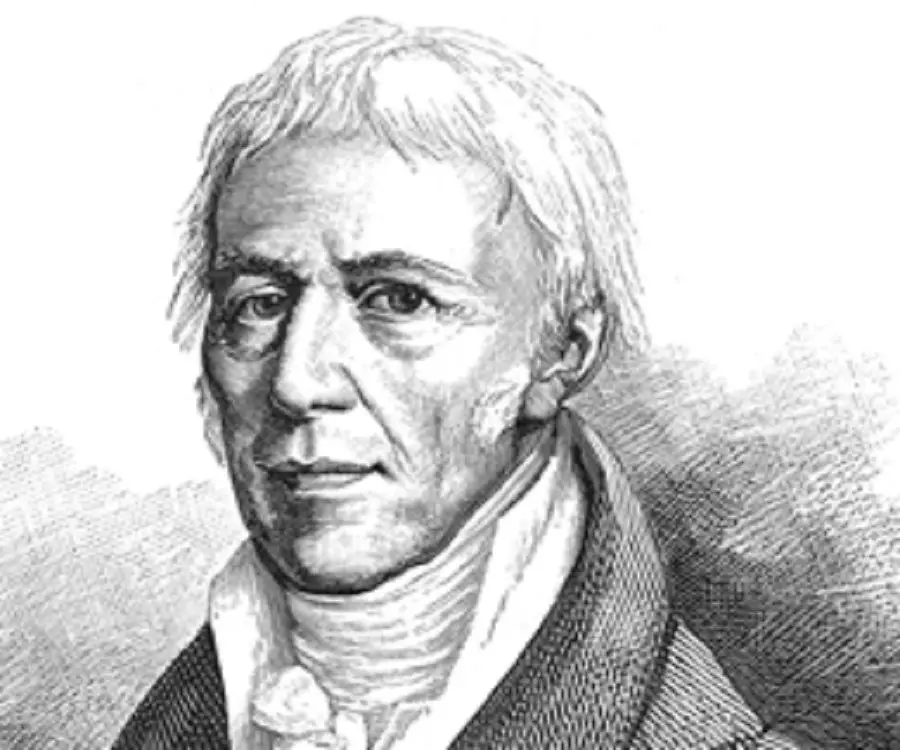
What makes Jean-Baptiste Lamarck famous?
There’s a lot of history to know when you’re talking about Jean-Baptiste Lamarck. He was a French naturalist and biologist born in England on August 1, 1744.
This scientist is best known for Lamarckism, his explanation of biological evolution. Lamarck was the first person to explain how animals could evolve through the inheritance of acquired characteristics.
This theory was later called Lamarckism. Lamarck thought that all life on Earth came from one simple organism and that every species naturally tended to change into another species over time.
Lamarck was one of the earliest known experts on invertebrate zoology. He studied several different animals, from worms to insects to mollusks.
[Source: Encyclopedia Britannica]
#14. Francis Collins (1950-present): The Award-Winning Physician
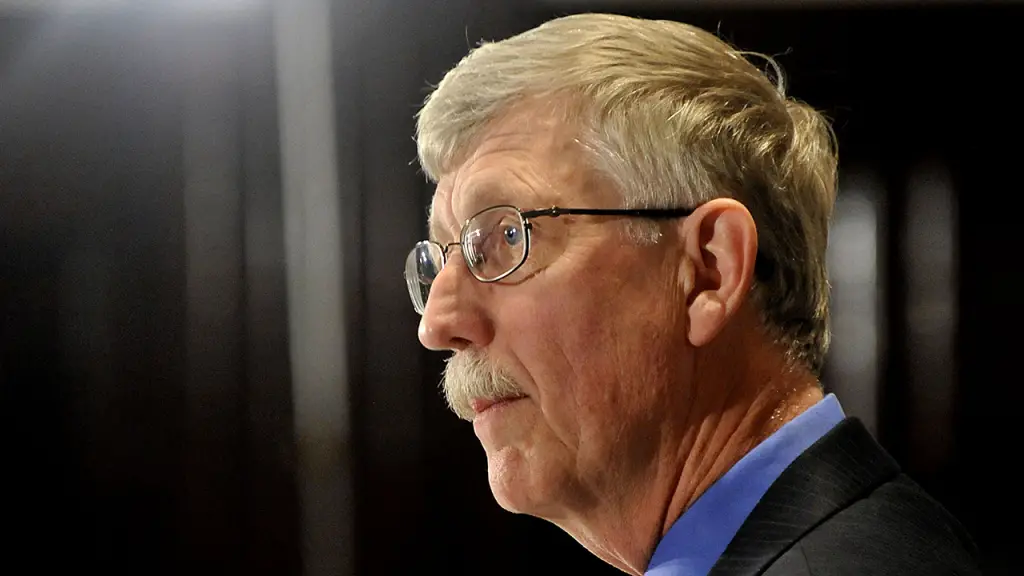
What makes Francis Collins famous?
Francis Collins is one of the world’s most brilliant scientists. He was born in Staunton, Virginia, and attended the University of Virginia and Yale University, where he received a doctorate in physical chemistry. He then went on to earn a medical degree from the University of North Carolina in 1977.
Collins is best known for his work on the Human Genome Project. He also served as the director of the National Health Institute, a position he held for more than 13 years.
His contribution to medicine was the identification of the genes that cause Huntington’s disease and cystic fibrosis. For his work on genetics, he was given the National Medal of Science and the Presidential Medal of Freedom.
What’s the best Francis Collins quote?
“One of the greatest tragedies of our time is this impression that has been created that science and religion have to be at war.”
[Sources: The New Yorker, The White House]
#13. Ronald Fisher (1890-1962): The Greatest of Darwin’s Successors
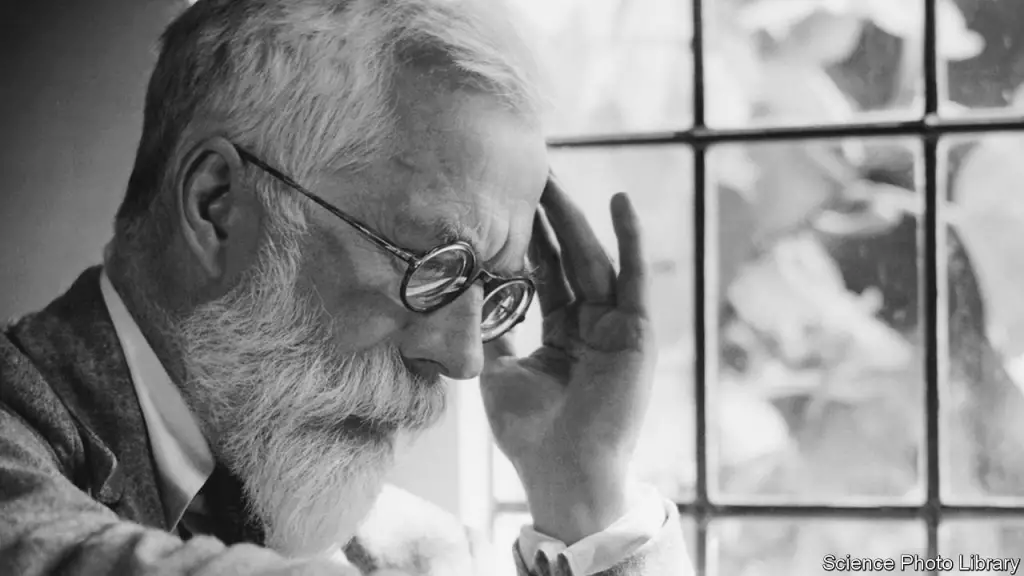
What makes Ronald Fisher famous?
In the early 1900s, Charles Darwin was still a hot topic. His theory of evolution was a huge success, but he was no longer around to defend it. Who would carry on his work?
That’s when American geneticist and statistician Ronald Fisher came along. Fisher was born on February 17, 1890, in London, England. He went to the University of Cambridge and became one of the most famous scientists in history.
Fisher revised Charles Darwin’s evolution theory with his “Fisherian” model of natural selection that considered genetics and statistics.
He also supported eugenics. This is the idea that genetically superior people should be encouraged to reproduce more often than those who are not. It may seem odd for a scientist to advocate in this day and age, but it wasn’t back then.
What’s the best Ronald Fisher quote?
“The more highly adapted an organism becomes, the less adaptable it is to any change.”
[Source: Encyclopedia Britannica]
#12. Joseph L. Goldstein (1940-Present): The Biochemist Whose Work Saved Lives
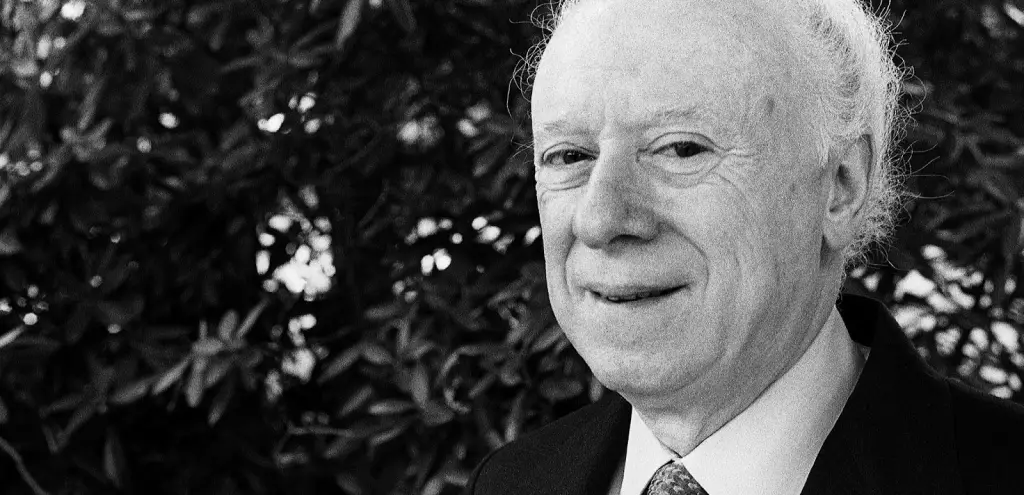
What makes Joseph L. Goldstein famous?
Joseph L. Goldstein is best known for his work on cholesterol metabolism in the blood. This research changed the way medicine was done and led to the creation of drugs called statins that lower lipids.
He was born on April 18, 1940, in Kingstree, South Carolina. He gained his medical degree from the Southwestern Medical School, Texas.
In 1985, Michael Brown and Joseph Goldstein won the Nobel Prize in Physiology or Medicine for their studies on cholesterol.
What’s the best Joseph Goldstein quote?
“The mind does not belong to you, but you are responsible for it.”
[Source: The Nobel Prize ]
#11. Victor A. McKusick (1921-2008): Father of Modern Genetics
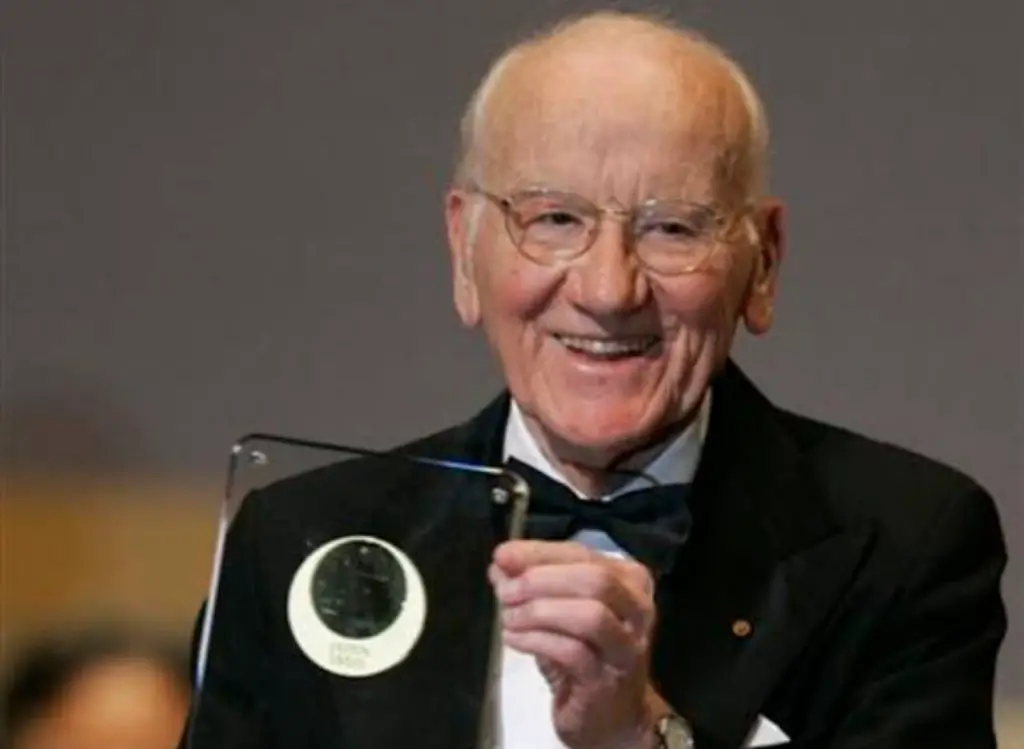
What makes Victor McKusick famous?
The American geneticist, Victor McKusick, is best known for mapping the human genome. He also wrote the original version of Mendelian Inheritance in Man.
This book became the foundation of our understanding of genetics. His support of mapping human genomes was critical because it led to our current understanding of how genes work within our bodies.
[Source: Encyclopedia Britannica]
#10. Gregor Mendel (1822-1884): The Father of Genetics
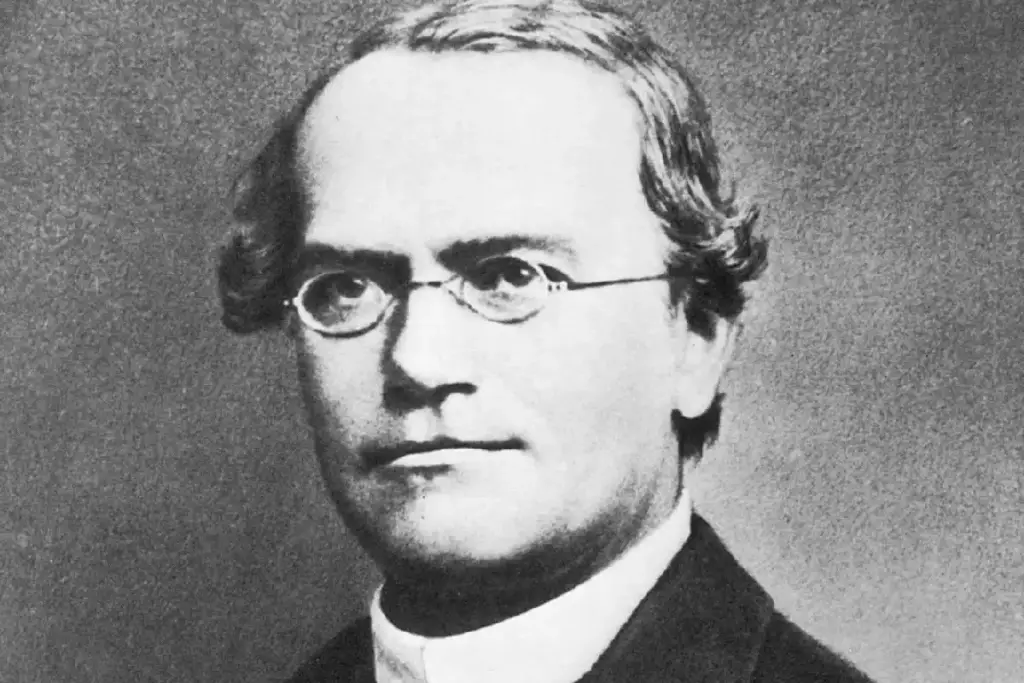
What makes Gregor Mendel famous?
Gregor Mendel was the Stephen Hawking of biology. While the theoretical physicist studied theoretical physics, Mendel opted for life sciences.
Gregor Mendel, an Austrian botanist, is best known for his work on plant genetics. He discovered the fundamental principles of heredity and contributed to evolutionary biology and genetics.
Mendel was a Christian Science practitioner. In fact, it was his faith that inspired him to study plants.
[Source: Encyclopedia Britannica]
#9. Barbara McClintock (1902-1992): The Person Who Discovered Transposition of Genetic Markers
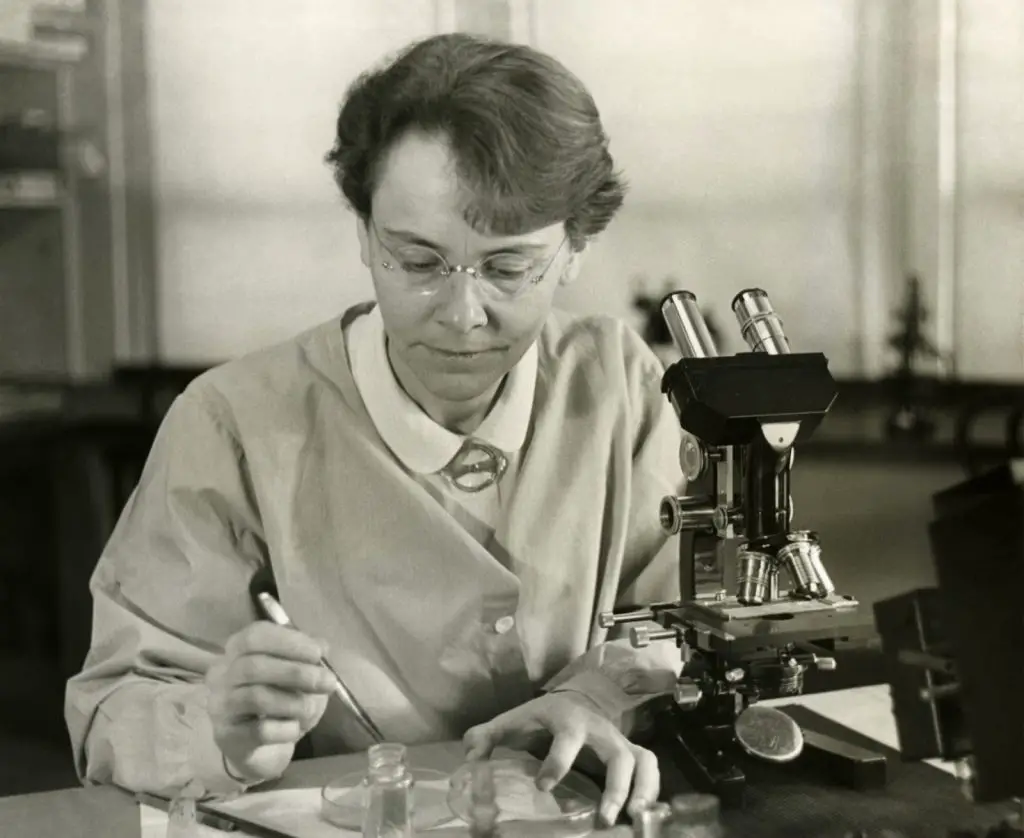
What makes Barbara McClintock famous?
Barbara McClintock was an American-born scientist who studied the genetics of corn plants and was the first to map their chromosomes.
McClintock is well-known for her discovery of the transposition of genetic markers. She made her finding after noticing that genes in maize could be moved around on chromosomes.
This discovery was revolutionary at the time because it helped the scientific community understand how cells functioned and made them realize that genes could move around during development.
Barbara McClintock won several awards, including the Nobel Prize in Physiology or Medicine in 1983.
What’s the best Barbara McClintock quote?
“I never thought of stopping, and I just hated sleeping. I can’t imagine having a better life.”
[Sources: The Nobel Prize, Barbara McClintock]
#8. Joseph Lister (1827-1912): Father of Modern Surgery
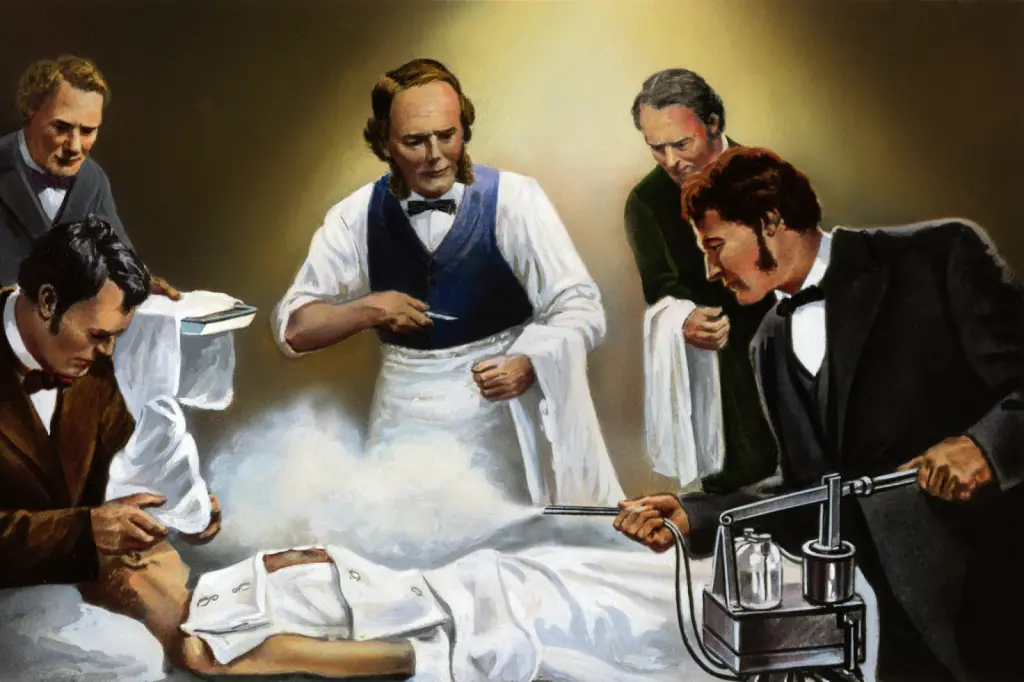
What makes Joseph Lister famous?
Born in 1827, Joseph Lister grew up in West Ham, a small town east of London. He became one of Britain’s most celebrated surgeons, leaving a lasting legacy.
He worked on sterilizing surgical tools and made an antiseptic paste called carbolic acid, which is now known as phenol.
Lister’s greatest legacy, however, may be his contribution to the field of surgery. He was the first medical scientist to use germ theory during surgery. In other words, he discovered how germs cause disease and used this knowledge to help prevent it.
What’s the best Joseph Lister quote?
“Next to the promulgation of the truth, the best thing I can conceive that man can do is the public recantation of an error.”
[Source: National Library of Medicine]
#7. Jonas Salk (1914-1995): The Scientist Who Conquered Poli
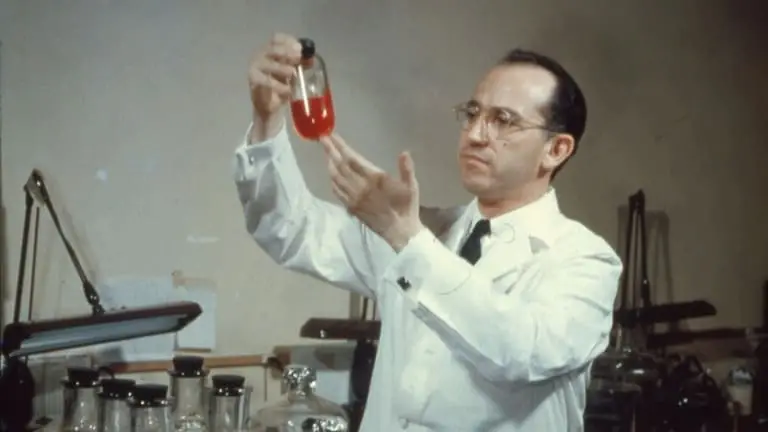
What makes Jonas Salk famous?
Jonas Salk was born in New York City. He studied chemistry and later medicine at New York University. Salk is well-known for his research on the polio virus.
In 1952, Jonas realized that scientists could stop polio by giving people a vaccine made from a virus that had been inactivated. This discovery led to the development of what became known as Salk’s vaccine. This was one of the first poliovirus vaccines ever developed.
The Salk vaccine proved to be safe and effective against polio. It changed how we protect ourselves from the disease today.
What’s the best Jonas Salk quote?
“There is hope in dreams, imagination, and in the courage of those who wish to make those dreams a reality.”
[Source: Encyclopedia Britannica]
#6. Karl Landsteiner (1868-1943): The Father of Blood Transfusion
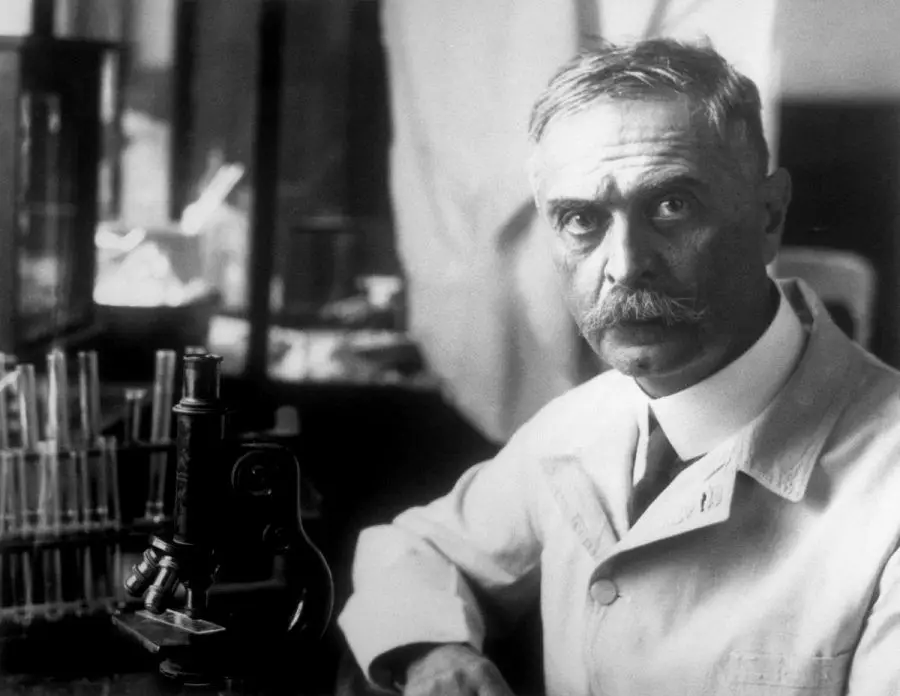
What makes Karl Landsteiner famous?
Like in the computer science revolution in the 20th century, influential scientists set out to change the face of medicine.
The Austrian-born physician Karl Landsteiner was one of the most influential scientists of this era. He is best known for discovering the polio virus alongside Erwin Popper. This has saved millions of lives globally.
Landsteiner also worked with Alexander S. Wiener on the rhesus factor, which helps determine whether or not someone’s blood type can be used for transfusions. This was another important discovery that saved countless lives.
Thanks to Karl Landsteiner’s agglutinin research, medical scientists can now classify blood into different groups. In 1930, he was awarded the Nobel Prize in Physiology or Medicine for his work in biology and medicine.
[Source: The Nobel Prize]
#5. Nettie Stevens (1861-1912): The Lady Who Discovered Sex Chromosomes
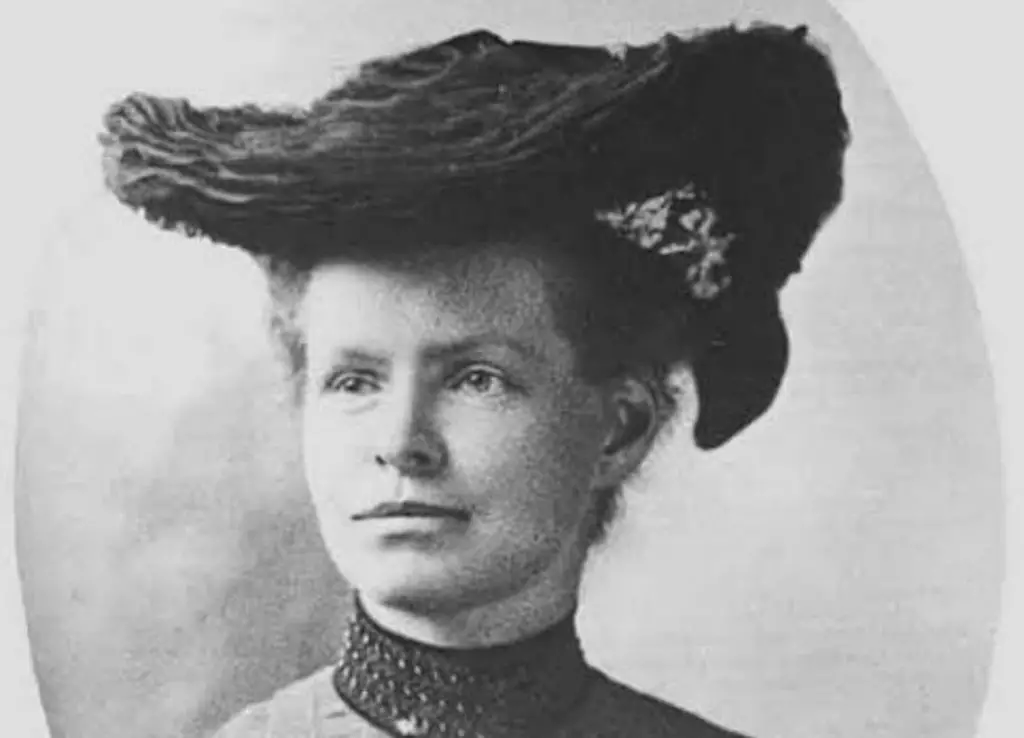
What makes Nettie Stevens famous?
Nettie Stevens was an American geneticist born in Vermont on July 7, 1861. She studied at Westford Academy in Massachusetts and Stanford University. After graduating, Stevens proceeded to Bryn Mawr College, earning her P.h.D.
Stevens is best known for discovering the X and Y chromosomes—those little guys that determine whether you’re a girl or a boy.
This discovery helped us understand how different parts of our bodies develop differently depending on gender. It’s also why we know more today about how genetics affects us.
[Source: Encyclopedia Britannica]
#4. Alexander Fleming (1881-1955): The Discoverer of Penicillin
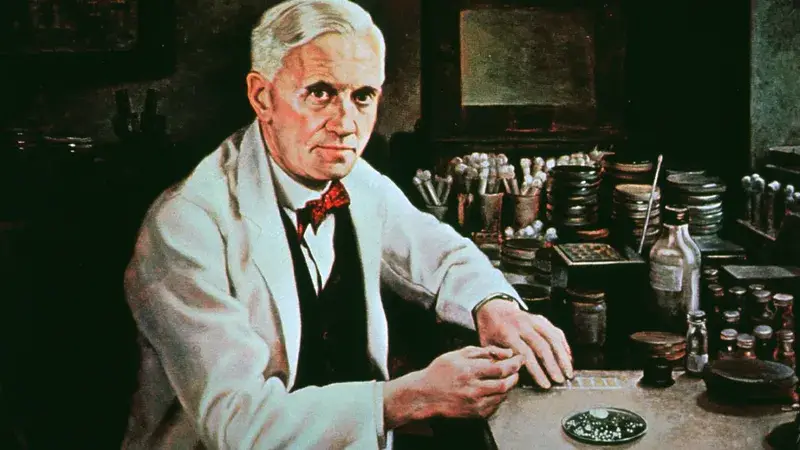
What makes Alexander Fleming famous?
Alexander Fleming is best known for finding penicillin, but his career and scientific contributions were much more complex.
Born in Ayrshire, Scotland, in 1881, Fleming was a Scottish physician who graduated from St. Mary’s Hospital Medical School. He was also an avid scientist, with a particular interest in bacteriology.
Fleming didn’t make any important scientific discoveries until 1928. He returned from vacation to find that a mold had grown in one of his Petri dishes with staphylococci.
This helped him figure out that penicillin was an antibiotic that could kill bacteria without hurting people. Like the invention of the World Wide Web, the discovery of Penicillin shook the medical world.
Alexander Fleming, Ernst Boris Chain, and Howard Florey won the Nobel Prize in Physiology or Medicine in 1945 for their work on penicillin.
[Source: The Nobel Prize]
#3. Charles Darwin (1809-1882): The Father of Evolution
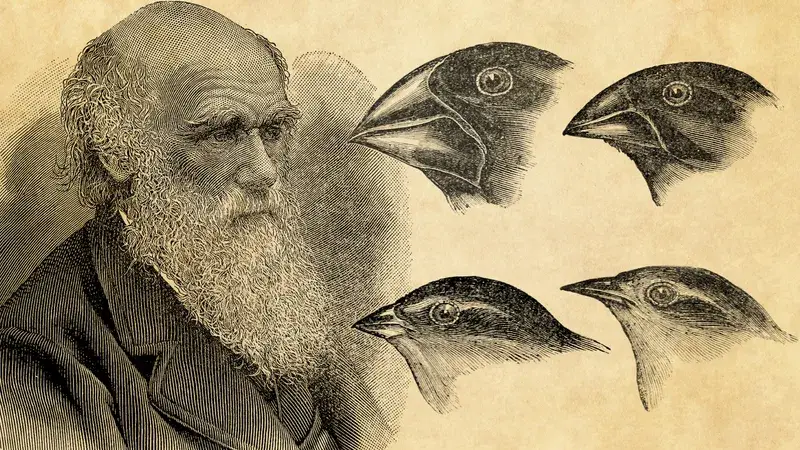
What makes Charles Darwin famous?
Charles Darwin was an English biologist, naturalist, and geologist who contributed significantly to evolutionary biology through his theory of natural selection.
This theory states that individuals best suited to survive and reproduce will pass on their genes to future generations, while those less fit will not succeed as well as others. The result is that certain traits become more common over time because of this process of natural selection.
Darwin believed that all living things originated from one ancestor. He also wrote On the Origin of Species. This became one of the most influential books ever written on evolution—and it still is today.
What’s the best Charles Darwin quote?
“It’s not the strongest of species that survive, nor the most intelligent, but the one most responsive to change.”
[Source: Encyclopedia Britannica]
#2. Louis Pasteur (1822-1895): The Father of Modern Science
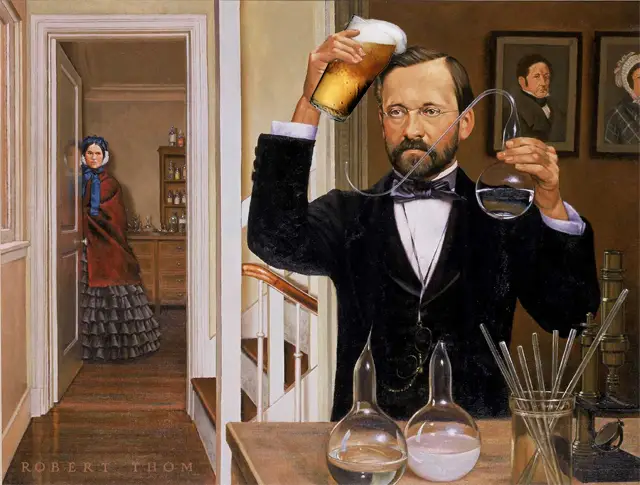
What makes Louis Pasteur famous?
Louis Pasteur was an expert in medical laboratory sciences. He is known for his work on microbial fermentation, pasteurization, and vaccination.
Pasteur’s most notable achievement was developing the principles of microbial fermentation. This important scientific method still helps in disease prevention. He also created a vaccine for rabies that has saved millions of lives worldwide.
Pasteur also disproved Aristotle’s theory of spontaneous generation by showing that germs, not non-living matter, caused disease.
What’s the best Louis Pasteur quote?
“Science knows no country, because knowledge belongs to humanity, and is the torch that illuminates the world.”
[Source: Encyclopedia Britannica]
#1. James D. Watson ( 1928-Present): Father of DNA Research
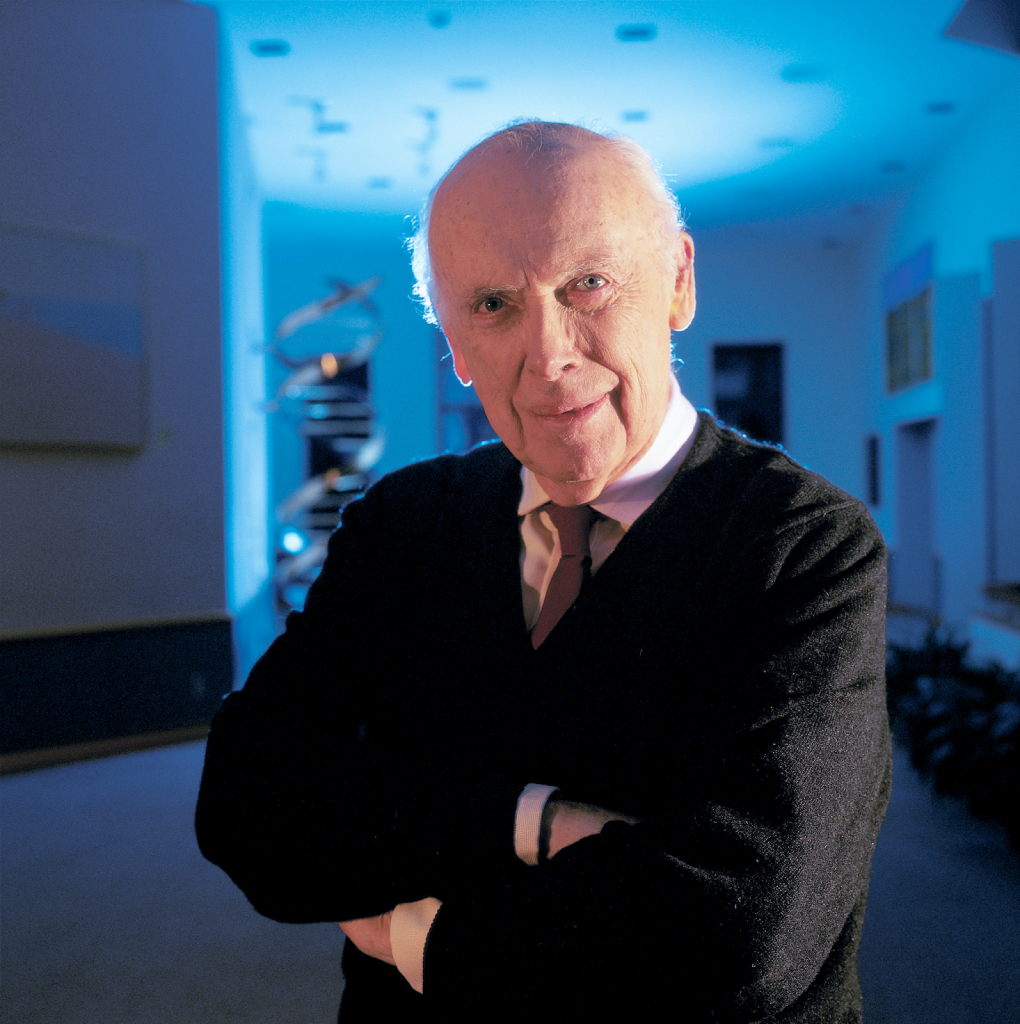
What makes James D. Watson famous?
There have been a lot of famous left-handed scientists in the world, but none are as famous as James Dewey Watson. You might not know the name James Dewey Watson, but if you’re a science nerd, chances are you’ve heard of him.
For starters, he’s been called “the father of DNA research.” He was born in 1928 in Chicago. He went to the University of Chicago for his undergraduate degree in genetics before moving to Indiana to complete his doctorate.
Watson is best known for his work with Francis Crick and Maurice Wilkins on the structure of DNA. In 1953, he proposed that DNA is a double helix that consists of molecules wrapped around each other like a ladder.
This was the first time anyone had suggested such a structure for DNA. This study contributed to our understanding of how genes are passed on from generation to generation.
For their contributions to understanding nucleic acids, Watson shared a Nobel Prize with Maurice Wilkins and Francis Crick.
The discovery of the DNA structure was an important part of the scientific revolution. It changed how we look at organisms.
What’s the best James D. Watson quote?
“Today, the theory of evolution is an accepted fact for everyone but a fundamentalist minority, whose objections are based not on reasoning but on doctrinaire adherence to religious principles.”
[Source: The Nobel Prize]
Final Thoughts
This list is not exhaustive, but it does provide a good starting point for anyone looking to learn the brief history of these fascinating people.
These great minds have been able to see past their own time and place. They’ve shaped our understanding of the world in ways that will last for centuries.
It’s important to remember that these people were human, just like you and me. They were individuals with their own personalities, quirks, strengths, and weaknesses. But what makes them so inspiring is how they used those things to push themselves forward into new territory.

